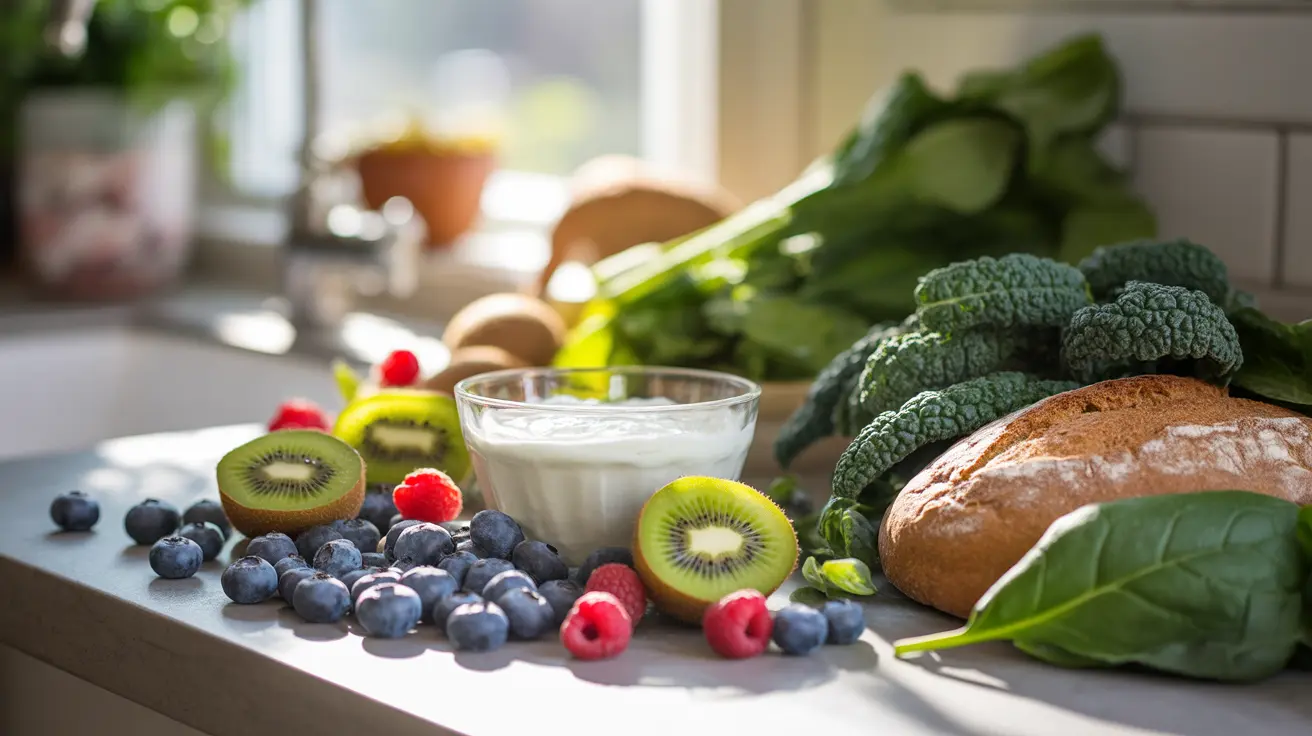Many prospective parents dream of having a baby girl, and some believe that dietary choices might influence their chances. While there's no guaranteed method to choose your baby's gender, some scientific research suggests that certain dietary and lifestyle factors could potentially play a role in conceiving a female child.
In this comprehensive guide, we'll explore the relationship between diet, timing, and other factors that some studies suggest might affect gender selection, while maintaining realistic expectations about these methods.
Understanding the Science Behind Gender Selection
The biological process of gender determination happens at conception, with sperm carrying either an X (female) or Y (male) chromosome. Some researchers theorize that creating conditions that favor X-chromosome sperm might slightly increase the chances of conceiving a girl.
Dietary Recommendations for Conceiving a Girl
Minerals and Nutrients to Consider
Some studies suggest that certain dietary choices might create an environment more favorable for conceiving a girl:
- Calcium-rich foods (dairy products, leafy greens)
- Magnesium-rich foods (nuts, seeds, whole grains)
- Foods high in omega-3 fatty acids (fish, flaxseeds)
- Foods containing antioxidants (berries, vegetables)
Foods to Increase
Research indicates that incorporating these foods might support your goal:
- Green leafy vegetables
- Whole grains and cereals
- Legumes and beans
- Low-fat dairy products
- Fish and seafood
Timing and Other Factors
Beyond diet, several other factors might influence gender selection:
- Sexual position during conception
- Timing of intercourse relative to ovulation
- Environmental factors
- Mother's overall health condition
Important Considerations and Limitations
It's crucial to understand that while these methods are based on some scientific principles, they don't guarantee success. The natural chance of conceiving a girl remains close to 50%, and any influence from dietary factors would be modest at best.
Lifestyle Changes to Support Conception
Regardless of desired gender, these healthy habits can support successful conception:
- Maintaining a balanced, nutritious diet
- Regular moderate exercise
- Adequate sleep and stress management
- Avoiding harmful substances
- Regular prenatal vitamin supplementation
Frequently Asked Questions
- What foods are recommended to increase the chances of conceiving a girl?
Foods rich in calcium and magnesium, including dairy products, leafy greens, nuts, and whole grains, are suggested to potentially increase the chances of conceiving a girl. However, scientific evidence supporting this is limited.
- How does diet influence the likelihood of having a baby girl?
Diet may theoretically create conditions that favor X-chromosome sperm survival, though this influence is modest. The primary mechanism involves maintaining specific mineral balances and pH levels in the body.
- Can timing intercourse combined with diet improve the chances of conceiving a female baby?
Some researchers suggest that combining specific timing of intercourse (2-3 days before ovulation) with dietary modifications might slightly increase the chances of conceiving a girl, though this remains scientifically unproven.
- Are there scientific studies that support eating specific nutrients to select baby gender?
While some studies have explored the relationship between diet and baby gender, the evidence is largely observational and not conclusive. More rigorous research is needed to confirm these theories.
- What dietary habits should be avoided when trying to conceive a girl?
According to various theories, reducing sodium and potassium intake and avoiding foods high in alkaline minerals might be beneficial. However, it's important to maintain a balanced, healthy diet above all else.
Remember, while these dietary and lifestyle modifications are generally safe when implemented reasonably, the most important focus should be on maintaining overall reproductive health and creating optimal conditions for a healthy pregnancy, regardless of the baby's gender.




